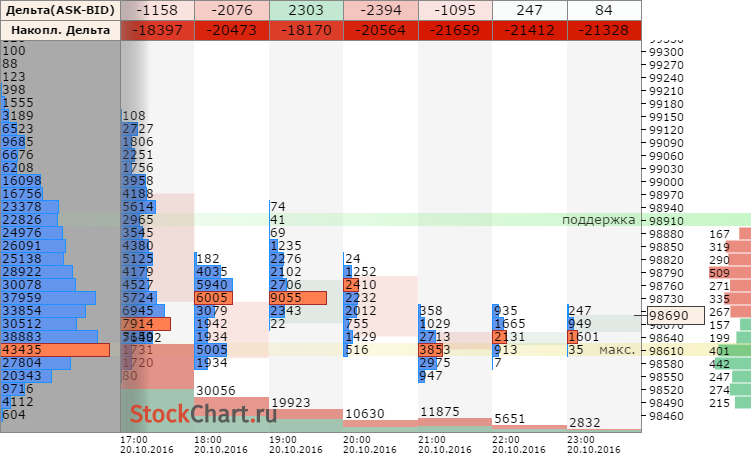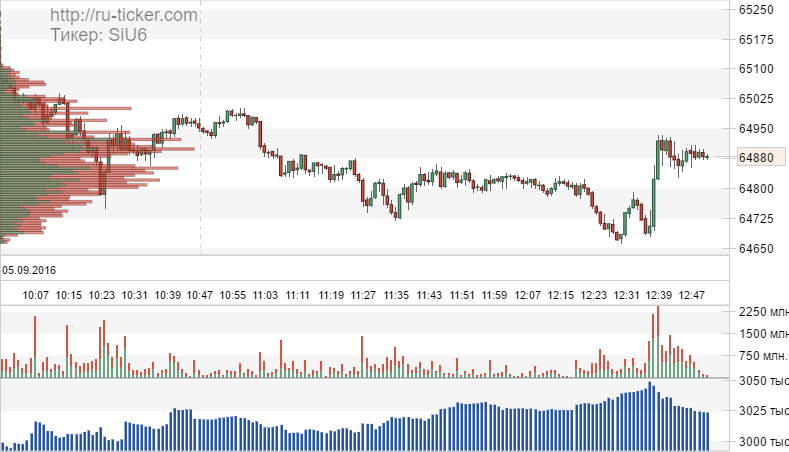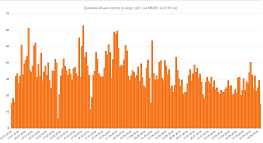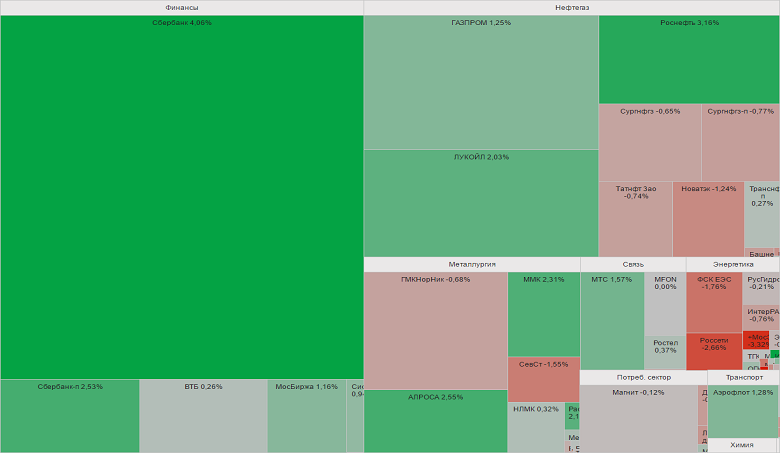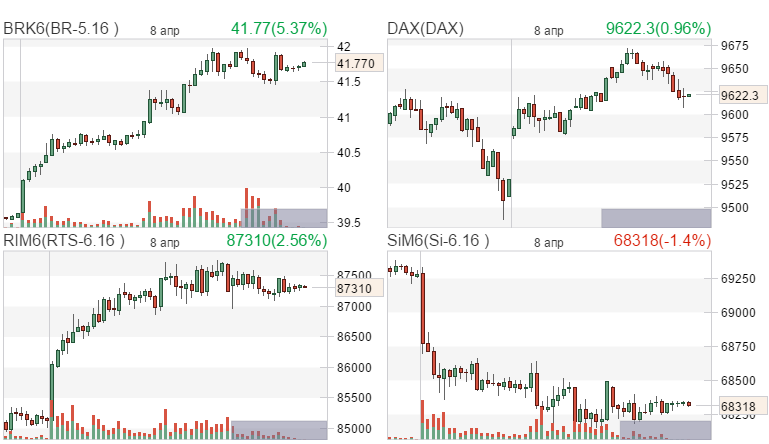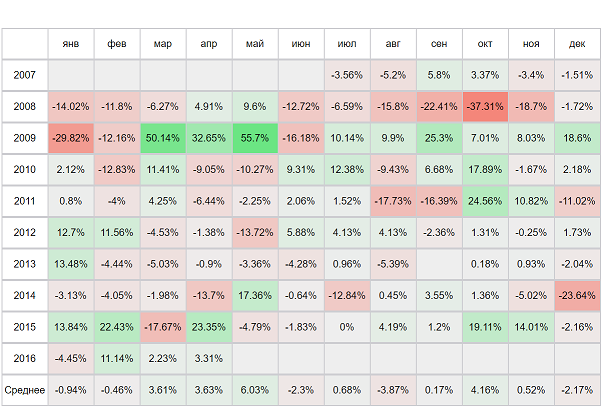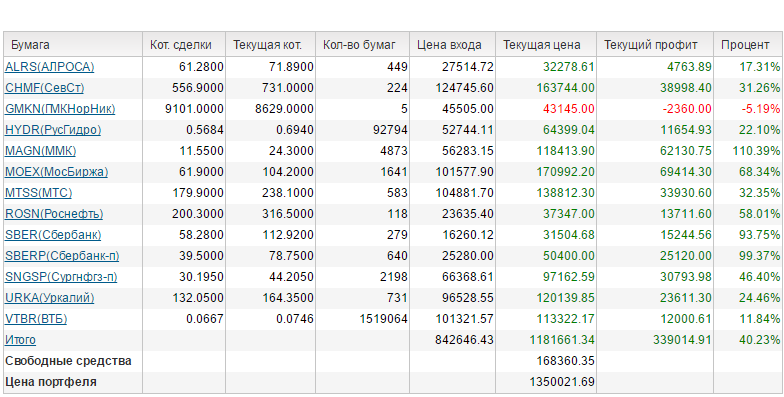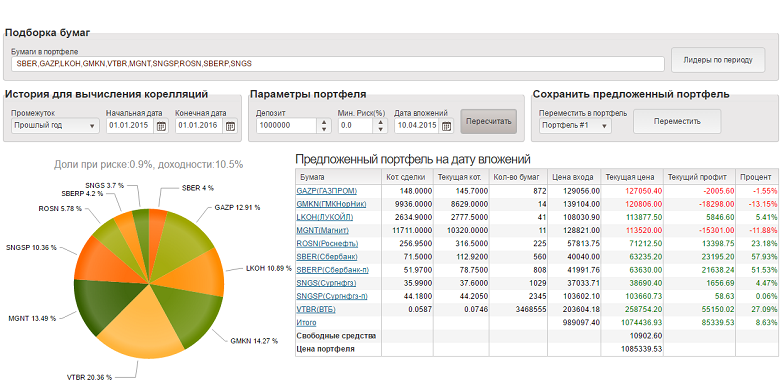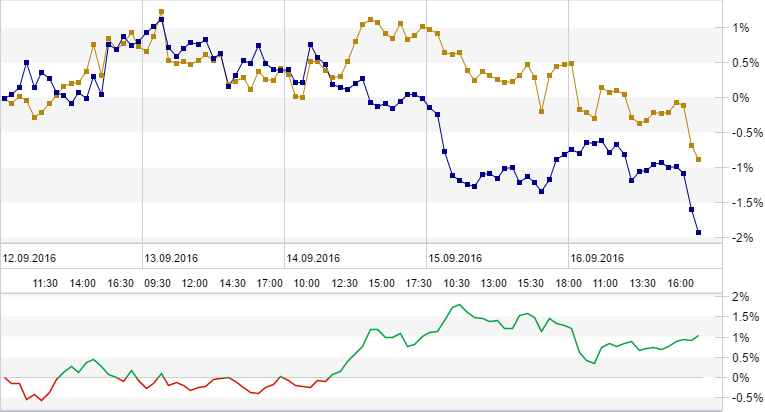 |  |  | |||||||||||
 |
|
||||||||||||
 |  |  | |||||||||||||||
 |
|
||||||||||||||||

Техническая поддержка
ONLINE
 |  |  | |||||||||||||||||
 |
|
||||||||||||||||||
Does Sports Massage Actually Help? | Expert Physio Reviews The Evidence #sportsmassage
ruticker 02.03.2025 23:23:33 Recognized text from YouScriptor channel Clinical Physio
Recognized from a YouTube video by YouScriptor.com, For more details, follow the link Does Sports Massage Actually Help? | Expert Physio Reviews The Evidence #sportsmassage
So, we see **massage** and **sports massage** being used all the time in elite-level sport, but is it actually useful? Is the evidence there to support its use in sport? Let's find out! Hey guys, Khalid here. Welcome back to **Clinical Physio**! So, let's dive into the evidence. Should we be using massage, and sports massage specifically, in a sporting environment? If so, when should we be using it? How should we be using it? Why should we be using it? Now, we'd love to hear your thoughts, so let us know in the comments below: What are your experiences with massage? But for now, let's dive into the research. I have three systematic reviews for you. The first of which is from **Perpendia et al. (2016)**. They looked at 22 different randomized control trials and set out to find the evidence for using sports massage as a recovery tool for performance. They examined factors like the type and duration of the massage, as well as the length of the recovery period—was it a 10-minute recovery during halftime or an extended recovery after the match? Here are three key takeaways from their research: 1. Athletes seemed to have better effects when the massage was shorter, between **five to twelve minutes**, rather than longer than **twelve minutes**. 2. The effects of massage were greater when the athlete had a quick short-term recovery time, perhaps of **10 minutes or less**, compared to when the recovery time was more than **20 minutes**. 3. Massage was more effective for athletes involved in **high-intensity mixed exercise** as opposed to those who were involved in just strength or just endurance-based exercises. To paint a picture, this lends itself really well to when you see soccer players who have just played a really intense **90 minutes** and there's going to be extra time or overtime. They've only got a **10-minute turnaround** before they have to perform at a high level again, so that's where a short, sharp massage can really help them get their muscles moving again and feel ready for more performance. Perpendia et al. had a really good summary conclusion I'd like to read to you: *“The effects of massage on performance recovery are rather small and partly unclear but can be relevant under appropriate circumstances. Short-term recovery after intensive mixed training, however, remains questionable if the limited effects justify the widespread use of massage as a recovery intervention in competitive athletes.”* So basically, short massage, short recovery time, high-intensity mixed exercise—good! But does it really support the use of massage throughout the sporting world as it seems to be used at the moment? My second paper is from **Guitar (2017)**. They reviewed 11 different studies involving more than **500 participants** and specifically looked at the effects of massage versus no massage on **DOMS** (Delayed Onset Muscle Soreness) and sports performance at the **24-hour** point after intense exercise. Their results showed that DOMS significantly decreased for the massage group versus the non-massage groups. They also found an improvement in maximal muscle isometric force and peak torque at the **24-hour** point. So perhaps this research shows us that when athletes are involved in tournaments where they have to play every day, sports massage can be useful. An example that comes to mind is **international netball**, where players may well be playing **seven matches** over something like **10 days**—lots of intense activity in a short period of time where massage could be helpful. My final piece of research is from **Davis, Alabed, and Chico (2022)**. They looked at 29 different studies involving over **1,000 participants**, examining the effects of massage on recovery and sports performance. Interestingly, they found no statistically significant evidence to suggest that massage had a major improvement on certain performance parameters such as sprinting, jumping, strength, and endurance ability. However, they did find statistically significant improvements for athletes with **DOMS** and flexibility, once again reaffirming the beneficial effects of massage on recovery. **Conclusions**: Massage does have some benefits in a sporting environment. Reducing pain and delayed onset muscle soreness definitely seems to be one of them. It looks like there are some mixed results for the effects of massage on sports performance. One key question I have, though: If you have less pain or less DOMS, will that make you perform better next time? Interesting one! I did find a really interesting line from the research of Davis, Alabed, and Chico, and I'll read it to you: *“Athletes and coaches often believe sports massage improves performance.”* For me, that psychology aspect of things may well be vital. Imagine you've just played **90 minutes** of soccer, you're about to go out for overtime or extra time, and you feel exhausted. But then you believe that you'll have less pain or less DOMS from a really quick, short, sharp massage—that makes sense. Again, it paints this picture that the use of massage at certain times could be really beneficial. But here's the thing—the really important thing: This research supports the use of massage in a high-level elite sporting environment, not for regular people like me, I'm afraid to say. Therefore, this research should not be applied to those who have day-to-day neck pain or day-to-day back pain. That is a totally different conversation—a massive conversation! If you'd like me to bring it to you, make sure you smash that like button, and I'll make it happen. So guys, I really hope you've enjoyed this video. Once again, please support us by smashing that like button and subscribing to the channel. Also, check out our social media at **Clinical Physio** on Instagram and our website **clinicalphysio.com**. My name is Khalid. Thank you so much for watching. See you soon here on **Clinical Physio**!
Залогинтесь, что бы оставить свой комментарий

